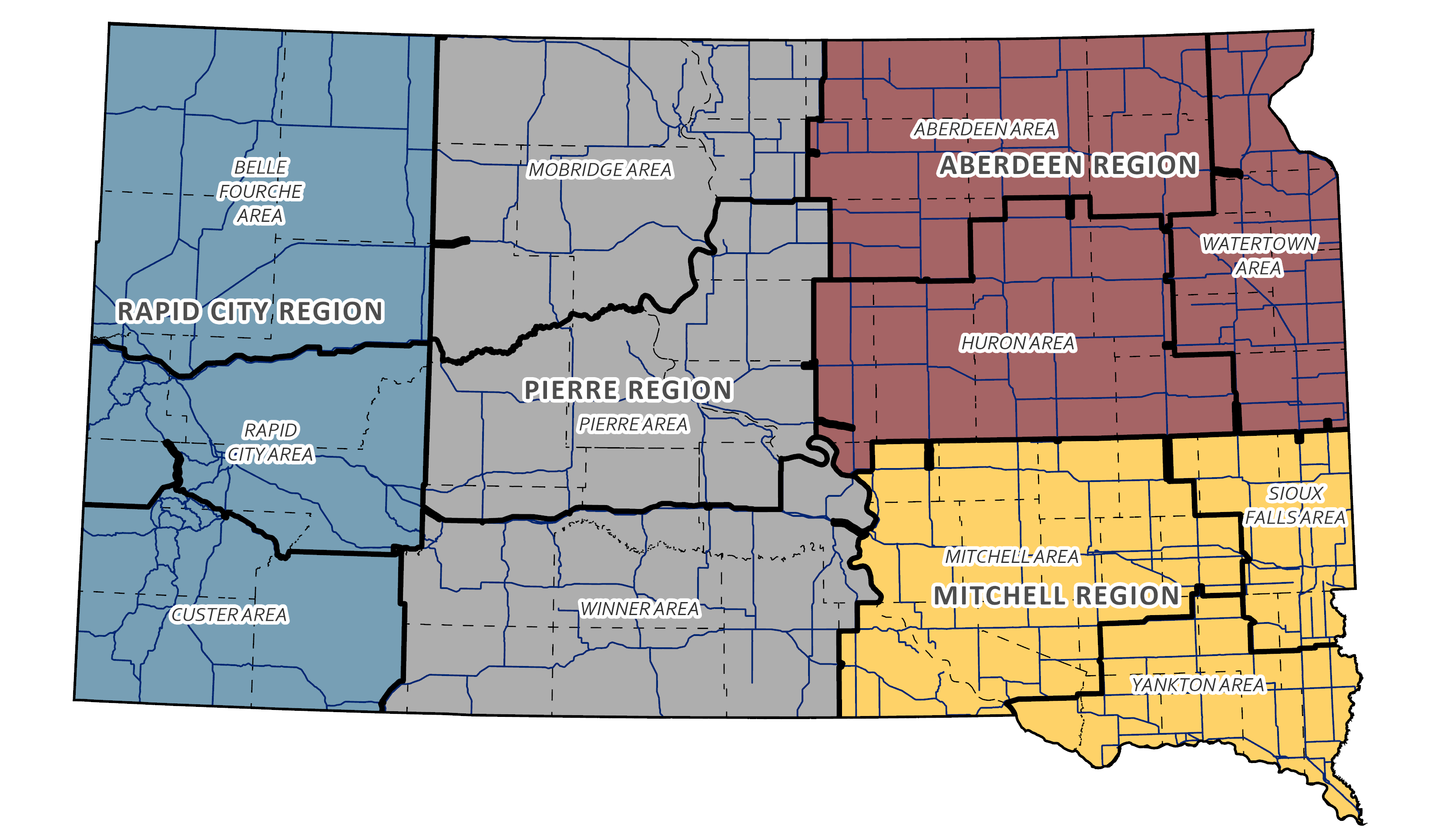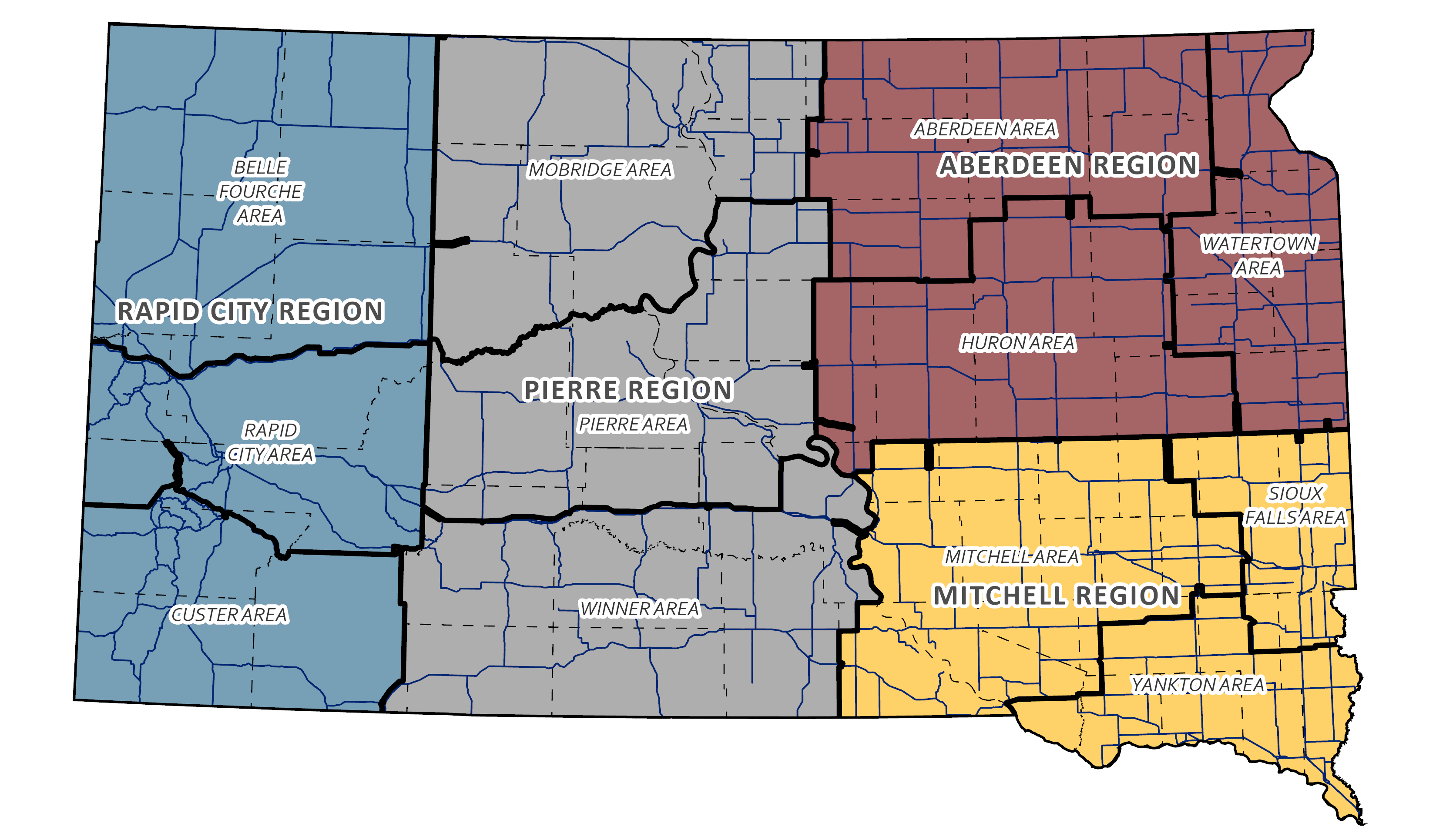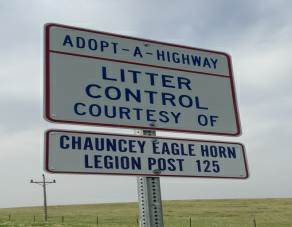Disadvantaged Business Enterprise (DBE)
Important Announcement
The U.S. Department of Transportation (USDOT) has implemented an Interim Final Rule (IFR), effective October 3, 2025, that immediately changes how a Disadvantaged Business Enterprise (DBE) and Airport Concessions DBE (ACDBE) certifications are assessed.
Key Changes:
• All DBE and ACDBE firms are now effectively inactive.
• Race and gender no longer automatically qualify as proof of disadvantage.
• To maintain program participation, all certified owners must submit a Personal Narrative and a current Personal Net Worth statement.
• The Personal Narrative should detail personal barriers faced (e.g., limited access to education, financing, or business opportunities) and the resulting financial impact.
• The definitions of race-conscious and race-neutral measures are removed and replaced with “DBE-conscious” and “DBE-neutral.”
• Existing certified DBE/ACDBE firms will be reevaluated under this new rule upon submission of the required documentation.
• Goal setting and other program elements are suspended until reevaluations are finalized.
• SDDOT DBE Program will provide instructions for securely submitting the necessary documents.
Additionally, as the South Dakota Department of Transportation (SDDOT) is the Unified Certification Program (UCP) for South Dakota, the IFR provides that we must complete the reevaluation process outlined above and as described in § 26.111 of the IFR. An existing recipient may not: (1) set DBE contract goals or concession-specific ACDBE goals or (2) count any participation toward overall DBE or ACDBE goals until the UCP has completed the reevaluation process.
SEARCH THE SDDOT (DBE) DIRECTORY Tips for Searching the DBE Directory
DBE's noted by Region or Area, please refer to this map for location.
There has been an increased number of projects with specified DBE goals. Due to that fact, one of the main items discussed during the DBE portion of the webinar was the Good Faith Effort (GFE) requirements.
Good Faith Effort (GFE) is defined as: “Efforts to achieve a DBE goal which; by their scope, intensity, and appropriateness to the objective; can reasonably be expected to meet the objective of the Department’s DBE program pursuant to 49 CFR 26.1.”
DBE Special Provision (provisions can be found below) gives more detailed information. Below is the basic information and important reminders.
All prime contractors who do not meet or exceed the DBE goal are required to submit GFE documents within two days following notification from the Bid Letting Engineer. Typically, this is two days following the letting. Below are the required documents to include when submitting the GFE Package:
1.) Submit a contact log of all solicitation efforts (see Contact Log Template below):
- Timeframe for contacting DBEs
- DBEs on the plan holders list:
- At least 7 calendar days prior to letting
- Contacting by mail:
- At least 6 calendar days prior to letting
- Contacting by email, phone, fax
- At least 5 calendar days prior to letting
- DBEs on the plan holders list:
- If there is no positive contact, a second solicitation must be made by phone, fax, or email at least 2 business days prior to letting.
2.) Submit documentation that shows GFE
- Select work items to encourage DBE participation.
- Solicit all DBEs listed in the work classification and geographic area.
- Solicit all DBEs on the plan holders list in a timely manner.
- Follow up with all DBEs if there was no positive contact.
- Answer any questions that DBEs have about the project.
- If you reject a DBEs quote, include a detailed explanation.
3.) Consider qualified DBEs whose quotes are reasonably competitive.
- Include all quotes received.
- Provide quote comparison document typically a spreadsheet format with each quote broken down by bid items. (See example of a quote comparison below).
4.) Explain why goal couldn't be met.
5.) Note additional efforts made to secure DBE participation.
Some other key points to remember:
- Be sure to reach out to all sub-contractors to see if any subcontractors are utilizing DBEs. It’s important to list those DBEs that subcontractors may be using on the DBE commitment form when submitting your bid. DBEs that subcontractors may use need to be contacted per the requirements in A.
- Must solicit all eligible DBEs even if normally the supplier would be supplying a subcontractor.
- Solicit for the entire project for all eligible work groups and appropriate geographic area.
- Be detailed in your narrative to explain why the goal couldn’t be met and what extra efforts were made.
- It’s important to submit all the required GFE documents when requested. The DBE GFE committee can only consider what is submitted.
- Continued solicitation of DBEs following the letting is encouraged but any DBE participation that is not on the DBE Commitment form or obtained “after-the-fact” does not count towards a GFE effort determination.
- DBEs who may be considered competitors are still required to be solicited and consideration is to be given to any quotes received.
Forms and Documents:
Contact Log Template.xlsx
Quote Comparison.pdf
If you have additional questions, please contact Kyle Watkins, DBE Coordinator below.
Federal U.S. Dept of Transportation, Office of Small Disadvantaged Business Utilization (OSDBU) offers financial assistance to small disadvantaged businesses by providing guaranteed loan through our Short Term Lending Program (STLP) for transportation related contracts only.
505 Kansas City Street,
Rapid City, SD 57701
605-737-0377
dbe@projectsolutionsinc.com
New Applicants:
DBE/ ACDBE Certification
- There is no cost to apply for certification as a DBE/ACDBE.
- Application assistance is available at no cost through our Support Service Provider.
- Submitting an incomplete application package will delay the overall certification process.
- Follow the Documentation Checklist appropriate to your business structure.
- Once a complete application is submitted, SDDOT will conduct an On-Site Review.
- All On-Site Reviews must be recorded per 49 CFR 26.83(c)(1)(i).
Steps to Submit an Application for DBE/ACDBE Certification
- Download the Uniform Certification Application (UCA).
- Print UCA form or save it to your desktop.
- This is the official form to be used for DBE/ACDBE Certification.
- Read the instructions for completing the application.
- Complete all sections of the application.
- Do not leave blanks on the application.
- Note “N/A” in areas that are not applicable.
- For areas marked as “N/A,” include a brief statement about why that information is not applicable.
- Download and complete the required Personal Net Worth (PNW) Form.
- Read the PNW Guidelines (Instructions) and PNW Overview for guidance on completion of the PNW.
- Print PNW form or save it to your desktop.
- This is the official form to be used for DBE/ACDBE Certification.
- Review the Supporting Document Checklist on the UCA for the Required Documents for All Applicants.
- This is the official checklists to be used for DBE/ACDBE Certification.
- Application Submission:
-
US Mail:
DBE Program
South Dakota Department of Transportation
700 E Broadway Ave
Pierre, SD 57501-2586 - Electronically:
Contact Kyle Watkins at kyle.watkins@state.sd.us to set up a SharePoint file share folder
-
- Retain a copy of the entire application package for your files.
Uniform Certification Application (UCA).PDF
49 CFR PART 26 SUBPART D CERTIFICATION STANDARDS
Annual Declaration of Eligibility:
- Annual Affirmation
2.) Most recent tax return (Gross Receipts)
- Reporting Changes
- Changes in a firm’s circumstances affecting its eligibility, or material changes in the information provided in the firm's application form.
- Submission of the SDDOT Declaration of Eligibility & Info Form and most recent Gross Receipts on the anniversary date of the firm’s certification;
- Work code change/expansion requests;
- Notification of address, phone, or other contact information changes; and
- Withdrawal of certification
Interstate Certification
Effective May 9, 2024, new federal regulations issued by the United States Department of Transportation (USDOT) have significantly reduced the number of documents required for the interstate application process. Firms now only need to submit to SDDOT the following documents to receive interstate certification:
- A cover letter to SDDOT requesting certification with SDDOT, which also lists all of the other states in which your firm is DBE certified, including your Jurisdiction of Original Certification (JOC) and your anniversary date in the JOC;
- An electronic image of the UCP directory of the firm’s original UCP that shows its DBE certification (screenshot or snippet). If a screenshot or snippet is unavailable, a copy of the firm’s original certification letter will suffice; and
- A Declaration of Eligibility (DOE)
1.) Electronic Image of UCP Directory
2.) SDUCP INTERSTATE COVER LETTER.PDF
3.) DECLARATION OF ELIGIBILITY & INFO FORM.PDF
Annual Declaration of Eligibility
Annual Affirmation
1.) DECLARATION OF ELIGIBILITY & INFO FORM.PDF
2.) Most recent tax return (Gross Receipts)
Reporting Changes
Businesses become certified based on the information provided at the time of certification. It is the DBEs responsibility to notify its certifying agency within 30 days of any change that can impact a firm’s eligibility. DBEs must also annually affirm that there have been no changes other than the changes previously reported.
Report changes required under 49 CFR §26.83(i) within 30 days of the occurrence of the change:
- Changes in a firm’s circumstances affecting its eligibility, or material changes in the information provided in the firm's application form.
- Submission of the SDDOT Declaration of Eligibility & Info Form and most recent Gross Receipts on the anniversary date of the firm’s certification;
- Work code change/expansion requests;
- Notification of address, phone, or other contact information changes; and
- Withdrawal of certification
Failure to notify your certifying agency of changes or submit an Annual Declaration of Eligibility within the required time frames is deemed a failure to cooperate and is grounds for removal of a firm’s certification.
- Business Development Program Plan
- DBE Program Flyer
- DBE Program Guide
- DBE Program Plan
- DBE Goal Methodology FFY 2025 - 2027
- Interstate Application Process
- Supplier Informational Flyer
- Supportive Services Program Guide
- Unified Certification Program Agreement
49 CFR 26 Participation by DBE's in DOT Programs
49 CFR 23 Participation by DBE's in Airport Concessions
Contact
© 2026 State of South Dakota. All Rights Reserved.
Becker-Hansen Building
700 E. Broadway Ave.
Pierre, SD 57501
Modern Logic
Region & Area Offices
Travelers
© 2026 State of South Dakota. All Rights Reserved.
Becker-Hansen Building
700 E. Broadway Ave.
Pierre, SD 57501
Modern Logic




